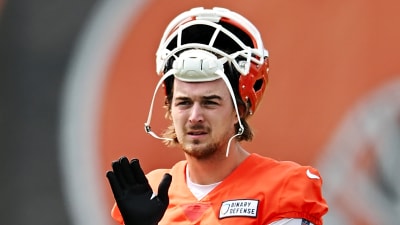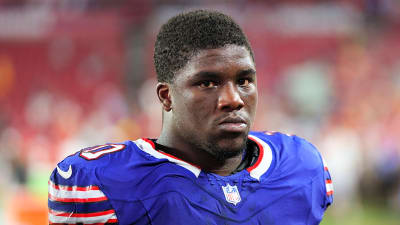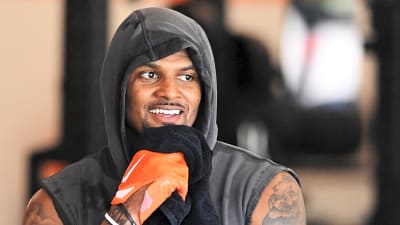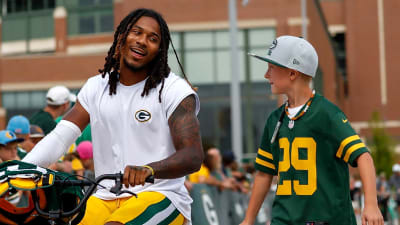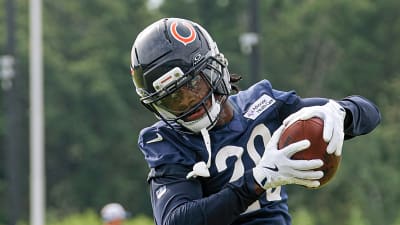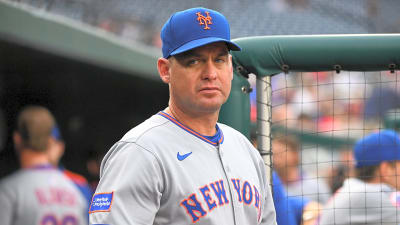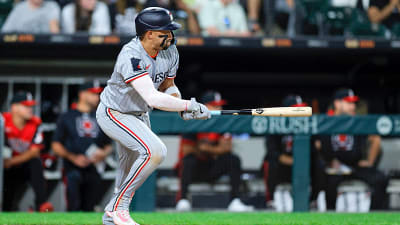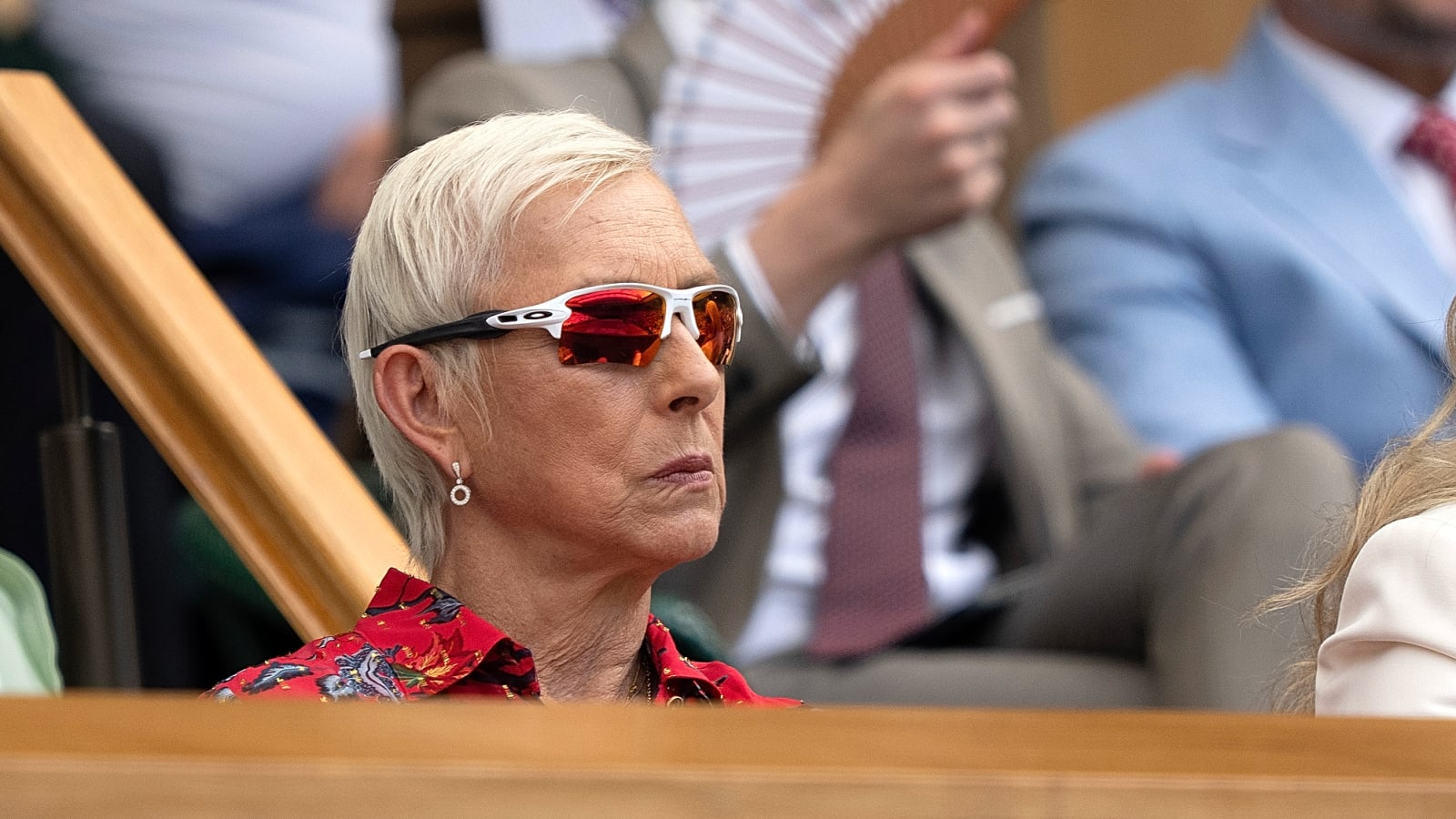
Tennis legend Martina Navratilova joined Andy Roddick on his Served podcast for a wide-ranging conversation that spanned her early eye for talent, doubles dominance, changes in the sport, and her enduring friendship with Chris Evert.
Roddick, humbled by her appearance, opened the discussion by recalling a story Maria Sharapova had shared weeks earlier on the same show. As a child in Moscow, Sharapova had attended a clinic run by Navratilova, who spotted her talent and urged her father to move her to the United States. “What I remember is her father coming to me and asking what they should do,” Navratilova explained. “I could see she was special. The way kids walk, the way they carry themselves, their focus—you can just see it. She loved it, she was competitive, and she wanted it. So I said, if you really want to pursue it, the sooner you get there, the better.”
She laughed when Roddick asked if she often told kids to move across the world. “Not really. But in Moscow at the time, you were very limited where you could play. If you want to take it to the next level and you think you’ve got the goods—why not? You do have to commit earlier than in my day.”
Winning a Major After the Hall of Fame
Navratilova’s career remains unique for many reasons, not least because she was inducted into the International Tennis Hall of Fame in 2000 and then went on to win another major six years later. With Bob Bryan, she captured the 2006 US Open mixed doubles title just weeks before turning 50.
“I was 49 years and 11 months, to be precise,” she said with a grin. “One month later I got the AARP letter in the mail.” Navratilova called it the perfect ending. “I always wanted to be the youngest to win something and ended up being the oldest. But I picked the right partner. That last game of the final, Bob was serving it out—we were up 6-2, 5-3—and I didn’t even touch a ball. I could have sat down! I had to play well earlier, but Bob took over.”
Mixed Doubles and the New Format
Navratilova also weighed in on the new mixed doubles format introduced in New York. “I love the idea—it brought more people to the game, and players that normally wouldn’t play gave it a try. But then the players who usually play doubles didn’t get to. The quality of tennis was great because the singles players are so good, but at the end of the day, the real doubles specialists still won, so I was happy about that.”
Her only hesitation was that the shortened format can distort results. “Whenever you shorten it, it levels the playing field and becomes more chancy. Mixed doubles is already tough with no-ad scoring and the final-set tiebreak. When they played to four games, matches were really short—you could be the better team and still lose.” She pointed to her own experiences: “With Todd Woodbridge, we won the first set 6-1, they had one break point, took the second 6-4, then hit two return winners in the tiebreak and it was over. We were the better team but lost.”
Still, Navratilova believes the spectacle is good for tennis. “Maybe expand it to 32 teams, make it three or four days. Singles players won’t always want to play, but whenever you can fill seats, that’s fantastic.”
The Demands of the Calendar
Roddick raised the idea of a shorter season ending November 1st. Navratilova agreed instantly. “Not crazy at all. I agree 100%. I’ve been calling for a shorter schedule for decades, and it only got longer. I also pushed for a shot clock years ago, and finally we got it. And I hate the endless bounces before serving—15, 20 bounces drives me nuts. Once I counted 15 bounces before a second serve—and then it was a double fault!”
She also argued that catching tosses should be considered part of the serve. “If the clock runs out while you’re catching your toss—fault. You shouldn’t get do-overs. One of the most underrated skills in tennis is the toss.”
50 Years Since Defection
This year marks half a century since Navratilova defected from Czechoslovakia. Asked how she feels walking through the Hall of Fame, she admitted she hasn’t returned since her induction. “My wife Julia just found some old Tacchini dresses in boxes. She was going to throw them out, but I said, no, let’s give them to the museum,” she said. “It’s overwhelming. I love how the Hall has evolved but still feels historic. Like Wimbledon—it modernises but still feels like 100 years ago.”
On the Bryan Brothers
Navratilova praised the doubles icons who joined her in the Hall. “Everything made Bob and Mike special—their technique, their commitment. Bob could have had a singles career but chose doubles with Mike. Their intensity in practice was unbelievable—doing the same drills over and over. It was no accident they were so sharp at the net.” She added that their physical gifts and lefty-righty combination made them unique. “It’s no accident they’re the greatest team ever.”
Sharapova and the Champion’s Mentality
Roddick suggested it must be rewarding to see Sharapova’s intensity after encouraging her as a child. “Absolutely,” Navratilova said. “That’s what makes champions—commitment, giving your best every time. That’s why it hurts so much when you lose—you’ve given everything. Some players hold back so it hurts less. But champions don’t. They do the work in practice, so when it’s match time, they leave it all out there. Maria had that from day one.”
Navratilova shared an insight about pressure in sport. “People always say, ‘How does this rookie handle the pressure so well?’ I laugh. Rookies don’t feel it the same way. The older you get, the more nervous you are—because it means more, and you know what can go wrong.” She contrasted her experiences at Wimbledon: “My first Wimbledon final, I was thrilled just to be there. My last Wimbledon final, against Conchita Martínez, I was so nervous I could barely take the racket out of the bag. And I’d already won nine titles there! But it was different—you’re aware it could be your last chance.”
A Friendship With Evert on the small screen
Navratilova also revealed that she and Chris Evert are working on a documentary about their legendary rivalry. “We text, we call, usually recommending Netflix shows. Our relationship had everything—respect, like, dislike, rivalry—but always respect, and empathy. So many times our handshakes, you couldn’t tell who won—we were both smiling. If I had to lose, I’d rather lose to Chris than anyone else.” She said the press tried to pit them against each other, “as they often do with women,” but both resisted. “Now it’s nothing but love.”
Away from tennis, Navratilova recently invested in the Carolina Ascent women’s soccer team. “It came out of nowhere. I’m a very small owner, but an owner nonetheless. I think I can add something to the athletes,” she said.
Her connection to the sport goes back decades. “My first injury ever actually came from soccer. I kicked the ball the wrong way, jammed my toe, and in Czechoslovakia the therapy was electric shocks and then putting my foot in a bowl of hot wax.” Did it work? “Well,” she laughed, “I just learned not to kick the ball that way again.”
More must-reads:
- Ravens sign two-time Pro Bowl safety to four-year extension
- 49ers to sign two-time Super Bowl champion WR
- The 'NFL sack leaders since 2015' quiz
Breaking News
Trending News
Customize Your Newsletter
 +
+
Get the latest news and rumors, customized to your favorite sports and teams. Emailed daily. Always free!
